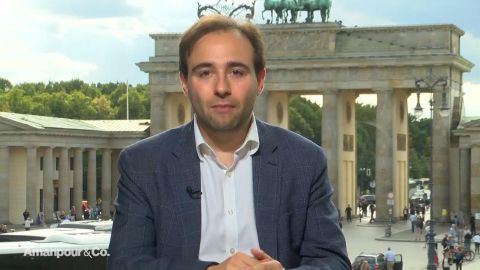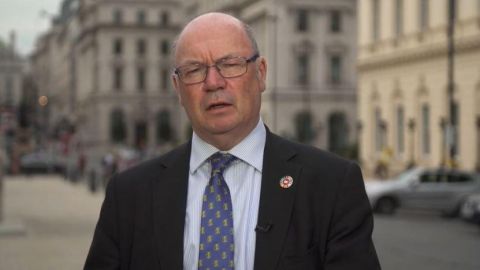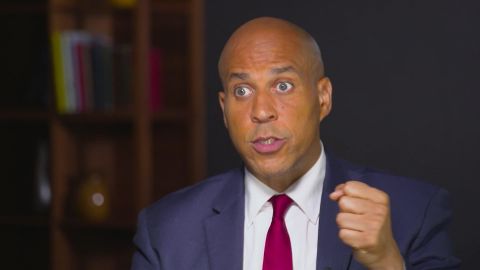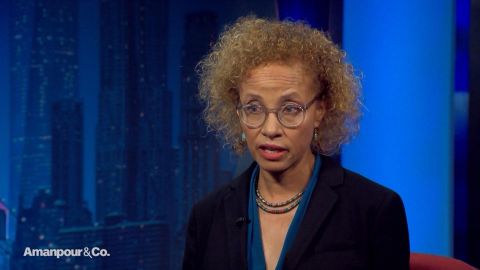Read Transcript EXPAND
CHRISTIANE AMANPOUR: But now, you’re out of a job, and who knows what’s going to happen. This is after 30 years as an MP. What does that feel like? What does it even mean in today’s modern democracy?
ALISTAIR BURT, BRITISH INDEPENDENT MP: It’s quite hurtful really. I accept that the rules of our party and Parliament is that if you vote against the party on a confidence issue, you lose the party whip. What that means is you stop being a member of the Parliamentary party. This is a rule that has been enforced for us. There have been many votes against the government, recently on Brexit as you’re aware, and a number of members of the cabinet, including the prime minister himself, voted against the previous prime minister and did not suffer a similar consequence. I do appreciate the party discipline has to be restored. It is not me that I’m so much worried about. But if the Conservative Party is losing the sort of figures represented by our former chancellors and not the least Mr. Kenneth Clark and Sir Nicholas Soames, the grandson of Sir Winston Churchill, who is now no longer after over 30 years a member of the Parliamentary Conservative Party. I think neutral observers in the United Kingdom are wondering what has happened to the Conservative Party. So, it is very hurtful, a bit bemusing and I don’t think a good strategy by the current government.
AMANPOUR: Well, you mention some of the eminent — people who have been purged. I mean, just that word, as you know, has terrible connotations because it goes back to, you know, Stalin in his times. I mean, the purges are a means of undemocratic processes. And for instance, one of the chancellors who is also gone is Philip Hammond, former chancellor, currently MP. And this is what he said about this.
(BEGIN VIDEO CLIP)
PHILIP HAMMOND, BRITISH INDEPENDENT MP: A lot of my colleagues have come under immense pressure, some of them have responded to that pressure by saying, “Enough. I’m going.” That is not going to be my approach. This is my party. I have been a member of this party for 45 years. I am going to defend my party against incomers, entryists who are trying to turn it from broad church into a narrow faction.
(END VIDEO CLIP)
AMANPOUR: So, Alistair Burt, what exactly does that mean? Because everybody is trying to figure out what happens next. I mean, Philip Hammond says, “I’m not going. I’m not going to be kicked out. I’m going to defend our party.” And you have just said that, you know, the rules say that if you vote against the government in a confidence then you lose your ability to stand for election. But most people are surprised at the historic nature of the depth of this clearing out of people who wouldn’t follow the prime minister’s lead. What does this mean for your party?
BURT: OK. Let me try and disentangle a couple of things. What Philip Hammond is saying is that if he can no longer stand as an official Conservative candidate at the election, he is very determined that he will stand in his own seat as an independent Conservative, and that means he will take on the Conservative Party.
About This Episode EXPAND
Democratic presidential candidate Cory Booker sits down with Christiane Amanpour to explain his plan to address the climate crisis. Alistair Burt joins the program to discuss Brexit chaos, followed by Yascha Mounk, who reflects on democracy and European unity going forward. Linda Villarosa breaks down her article for the New York Times Magazine’s 1619 Project with Walter Isaacson.
LEARN MORE



